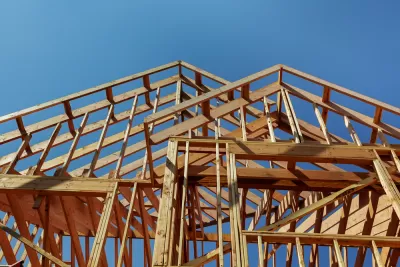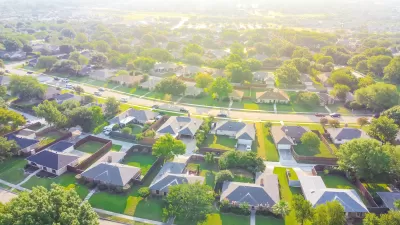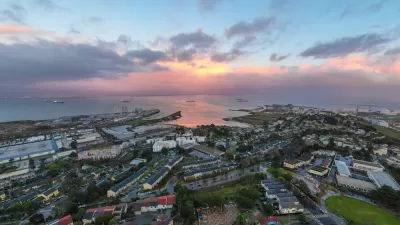Communities with the slowest rates of new housing construction are either heavily undervalued, leading developers to avoid them, or extremely wealthy, giving residents leverage to employ zoning and land use to block development.

The housing shortage, while dire across the board, is hitting American communities differently, with some cities adding housing units at a rapid clip while others are seeing low or non-existent construction. Yonah Freemark of the Urban Institute analyzes the causes of this disparity.
Freemark explains, “I found variation within metropolitan areas stems from two primary trends: significant housing underproduction not only in undervalued communities that cannot attract development but also in many high-housing-cost communities that have leveraged land-use regulations to prevent new construction despite local demand for construction.” Freeman notes that “Indeed, of the nation’s most-in-demand municipalities—those where housing values are at least 30 percent higher than their respective metropolitan areas—less than a third added more housing than their encompassing region, despite plentiful developer demand to build there.”
This results in wealthy suburban enclaves essentially getting a “free ride,” Freemark argues, “watching their property values grow in response to demand—while gas station attendants, teachers, and service industry workers are priced out because of limited housing availability.”
To balance out this inequity, Freemark recommends “place-based investment” that targets undervalued communities and regulations or financial tools to “encourage or require” high-value cities to build more housing. “Such leverage could include conditioning transportation, infrastructure, and housing grant support on land-use rules encouraging housing development.”
FULL STORY: What’s Driving Variation in Housing Supply Nationwide?

Maui's Vacation Rental Debate Turns Ugly
Verbal attacks, misinformation campaigns and fistfights plague a high-stakes debate to convert thousands of vacation rentals into long-term housing.

Planetizen Federal Action Tracker
A weekly monitor of how Trump’s orders and actions are impacting planners and planning in America.

San Francisco Suspends Traffic Calming Amidst Record Deaths
Citing “a challenging fiscal landscape,” the city will cease the program on the heels of 42 traffic deaths, including 24 pedestrians.

Defunct Pittsburgh Power Plant to Become Residential Tower
A decommissioned steam heat plant will be redeveloped into almost 100 affordable housing units.

Trump Prompts Restructuring of Transportation Research Board in “Unprecedented Overreach”
The TRB has eliminated more than half of its committees including those focused on climate, equity, and cities.

Amtrak Rolls Out New Orleans to Alabama “Mardi Gras” Train
The new service will operate morning and evening departures between Mobile and New Orleans.
Urban Design for Planners 1: Software Tools
This six-course series explores essential urban design concepts using open source software and equips planners with the tools they need to participate fully in the urban design process.
Planning for Universal Design
Learn the tools for implementing Universal Design in planning regulations.
Heyer Gruel & Associates PA
JM Goldson LLC
Custer County Colorado
City of Camden Redevelopment Agency
City of Astoria
Transportation Research & Education Center (TREC) at Portland State University
Jefferson Parish Government
Camden Redevelopment Agency
City of Claremont





























